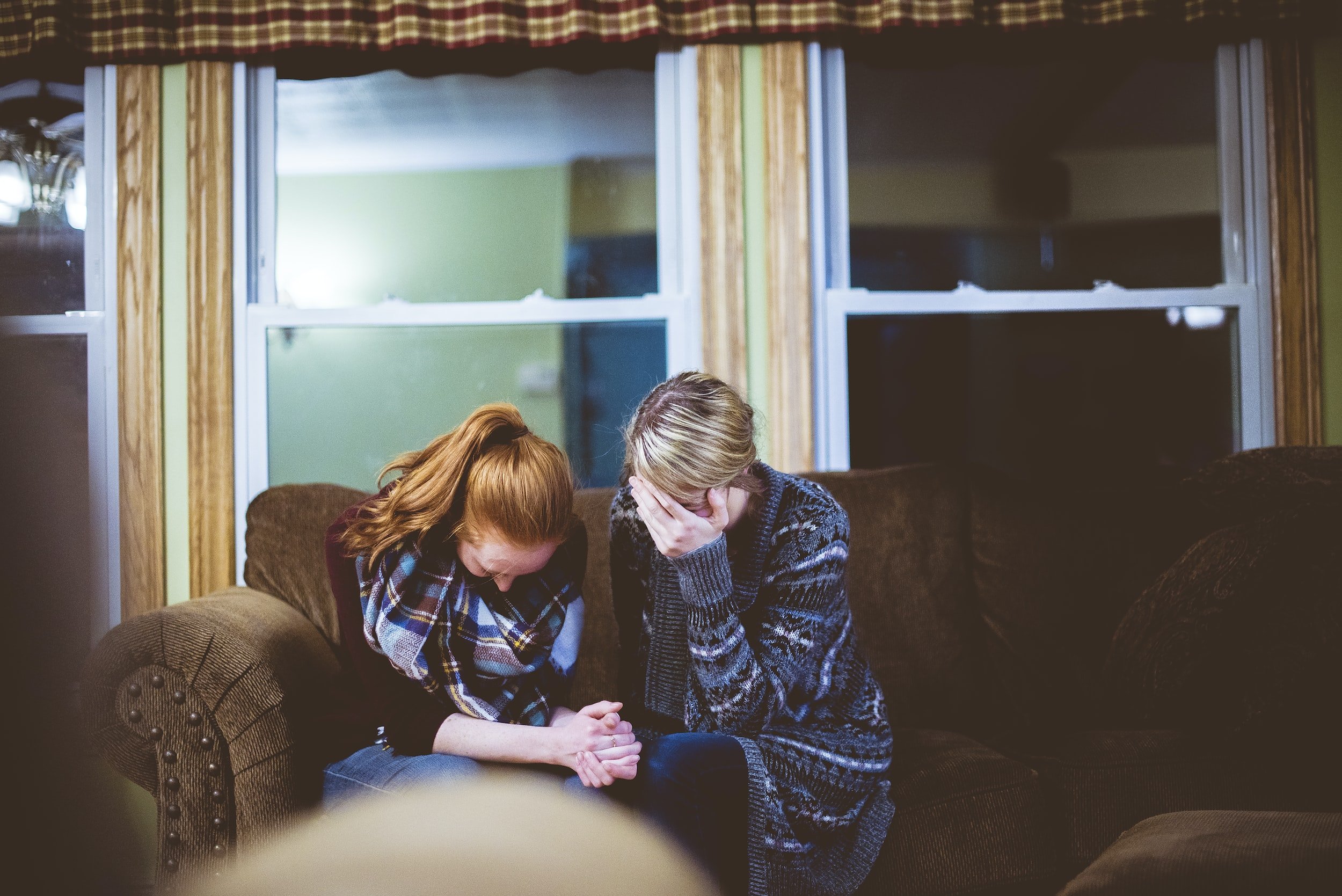The Effect Of Substance Abuse On Relationships
Substance abuse doesn’t just affect the person using drugs or alcohol. Everyone around them will feel its rippling, damaging effects. Addiction puts a strain on all kinds of relationships: family, friends, coworkers, and romantic partners. When someone’s singular focus is using drugs or alcohol, the essential elements of maintaining a healthy relationship fall away. It’s crucial to start by recognizing the problem and seeking help as a couple or a family to repair the harm that addiction has caused in all their lives.
Substance abuse can affect relationships in the following ways:
More frequent arguments
Within a relationship, substance abuse starts a vicious cycle. The drinking or drug use leads to arguments, which leads to further drinking and drug use, which leads to more arguments. Research shows that couples who are dealing with addiction are less happy than couples who are seeking counseling for any other reason. Depending on the substance being abused, a person can also become more prone to violence. For example, living with an alcoholic can put someone in a physically dangerous situation when they’re angry.
Waning emotional connection
When someone’s priority is drinking or abusing drugs, there’s no room for intimacy. Their addiction causes them to self-isolate. Their partner’s or family’s needs for an emotional connection get neglected in service of self-medication. They lose interest in caring for others, being emotionally vulnerable, and openly communicating with the people they care about. When it comes to sex, the other person might end up feeling used, disconnected, or ashamed if their partner needs to be under the influence for sexual activity. The healthy intimacy that comes from a true sexual connection is gone.
Trust issues
The person using will keep secrets and lie to maintain their addiction. Simple questions about where they’re going, what they spend their money on, and who they’ve been with become moments where they can bend the truth. This is a breeding ground for conflict. Their significant other and family members will feel disrespected and lied to when the truth of the addiction comes to the surface. They may begin to worry about where their money is being spent or what their car is being used for. Trust is a crucial part of any relationship. When it’s eroded, other issues will emerge such as jealousy, resentment, and anger.
Enabling and codependency
A toxic relationship dynamic that emerges in situations of addiction is that of the enabler and the user. Instead of resorting to anger and conflict, a person misguidedly feels they can help the addicted person. This can take the form of taking on their responsibilities, allowing them to walk over boundaries, and making excuses for their behavior. Sometimes the enabler will give money, gas, groceries, or pay other bills for the user so that they’re able to devote more resources to their addiction. When this relationship is also codependent, the enabler is willing to compromise everything to keep the other happy.
How to seek help
Substance abuse treatment usually starts with detox and a rehab program, which are very intensive. But as the partner suffering from addiction starts their journey to sobriety, their partner should be involved as well. Relationship problems don’t automatically disappear with sobriety. Money issues, communication barriers, and boundary crossing are all damaging effects left by addiction. While one partner is in rehab, the other should be in individual or family counseling. Both partners can then continue to rebuild their relationship in couples or family counseling.
To learn more about how therapy can help you and your partner cope, please reach out to us for substance abuse counseling.


